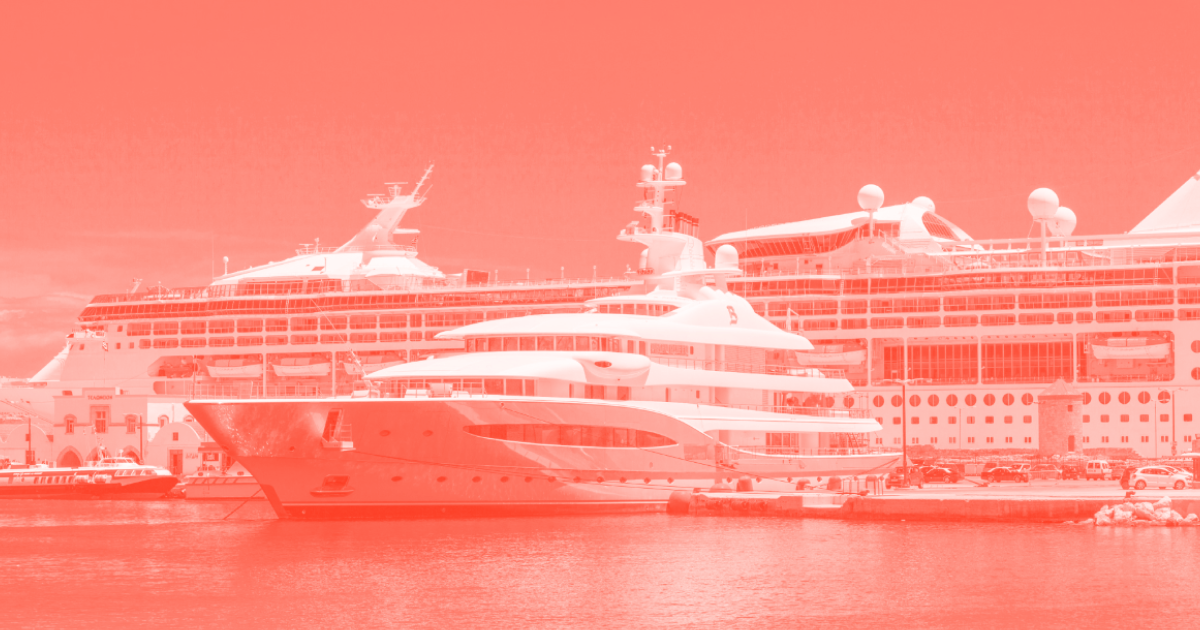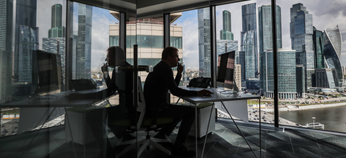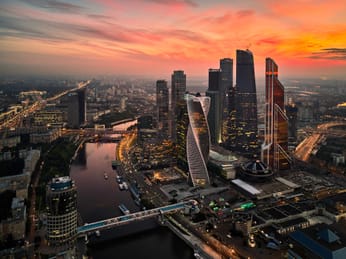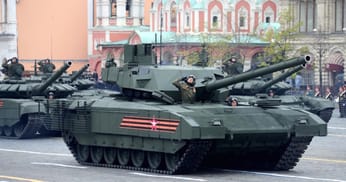
Where do Russia’s wealthy keep their money?
The richest men and women in Russia prefer to invest in bonds, have begun paying more taxes in Russia and are looking to extract assets from Cyprus and Latvia, according to a survey (Rus) published Thursday by Ernst & Young and international real estate broker Tranio. We gathered some of the most interesting findings.

- Traditionally, Cyprus and Latvia have been havens for Russian money, but the survey showed that this is less and less the case. Almost 40 percent of respondents said they were looking to move their money out of Cyprus, while 30 percent said the same about the Baltic countries (this mostly concerns Latvia). In recent years, Cyprus has introduced more stringent financial accountability rules, while Latvia has been rocked by huge money laundering scandals that have led to greater scrutiny.
- But this does not mean that Russia’s wealthy have severed all ties with Latvia and Cyprus. Far from it. The financial relationship with Cyprus, in particular, remains strong with the survey showing Cyprus was the third most popular choice for deposits (37 percent), and the most desirable place for tax residency (58 percent).
- The most popular assets with Russians investing abroad are bonds (79 percent), followed by real estate (62 percent), business (41 percent), shares (36 percent) and elite property, yachts and antiques (21 percent).

- Other trends identified by the research include that more Russians are informing the Russian tax service about their bank accounts abroad (up from 42 percent in 2017 to 70 percent in 2019); that taking foreign citizenship to hide from the tax authorities is a more popular option; and that the use of nominal owners is becoming less frequent.
- Aside from Cyprus and Latvia, the other most in-demand destinations for Russian money are Switzerland, the United Kingdom, and Malta. Switzerland is the most popular place to open a bank account (98 percent), followed by the U.K. (66 percent). After Cyprus, the most-favored countries to gain tax resident status are Malta (42 percent), the U.K. (31 percent), and Switzerland (25 percent).

- The survey was conducted at the end of 2019 among 44 financial and legal specialists who work with Russian high-net worth individuals. Respondents could pick several options in their replies.
Pourquoi le monde doit-il s'en préoccuper ?
Western countries have tightened anti-money laundering regulations in recent years — and this survey is yet more evidence that this has had an impact on how wealthy Russians distribute their assets. At the same time, the survey reveals few dramatic changes.









